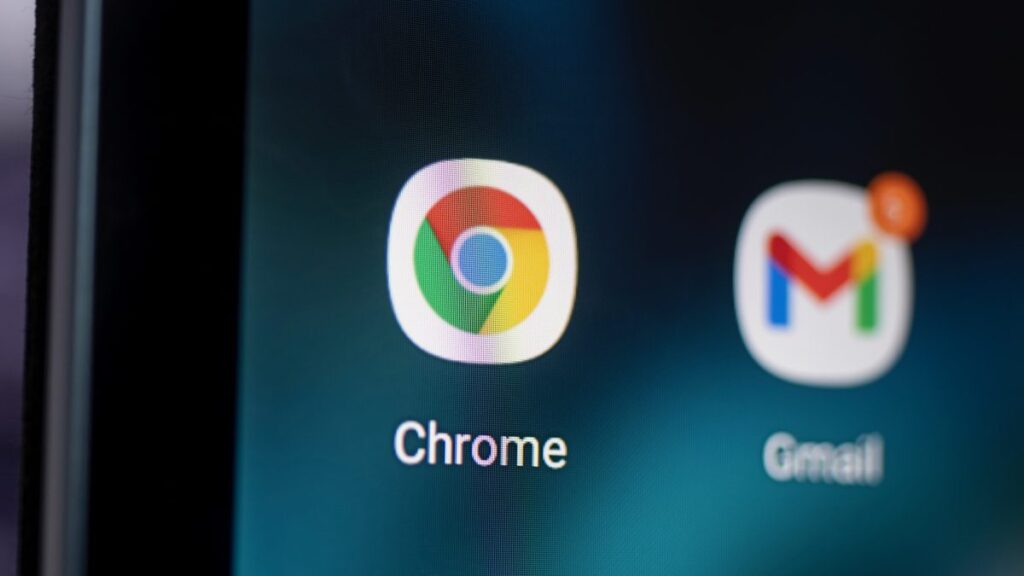
Google has released an emergency patch to address a critical zero-day exploit targeting the desktop version of its Chrome browser. This high-severity vulnerability, identified as CVE-2025-13223, is reportedly “in the wild,” indicating that Google has evidence of its active exploitation.
The flaw was discovered in Chrome’s V8 JavaScript engine, where a “type confusion” error allows the software to mistakenly use one type of programming resource as another. This vulnerability can enable hackers to corrupt the software’s memory and execute malicious code, posing a significant threat to users.
Understanding the Vulnerability
The National Institute of Standards and Technology (NIST) has elaborated on the flaw, noting that it “allowed a remote attacker to potentially exploit heap corruption via a crafted HTML page.” This suggests that attackers could be disseminating the exploit through malicious websites or phishing emails, increasing the risk to unsuspecting users.
Details about the threat remain sparse, but Google has credited Clément Lecigne, a security researcher with the company, for discovering the flaw. Lecigne, known for his work in investigating cyber threats from state-sponsored hackers and commercial surveillance companies, reported the vulnerability to Google on November 12. Subsequently, Google acted swiftly to issue the emergency fix.
Patch Deployment and User Guidance
For users on Windows, the patch is being deployed via version 142.0.7444.175/.176. Mac users will receive it as version 142.0.7444.176, while Linux users will see it as 142.0.7444.175. The Chrome browser is designed to download updates automatically, but users must relaunch the software to complete the installation of the patch.
To ensure immediate protection, users can manually update by navigating to Settings > About Chrome > Relaunch. Alternatively, Google’s support page provides detailed guidance on downloading and installing the patches.
Industry Reactions and Implications
The announcement comes as cybersecurity threats continue to evolve, with zero-day exploits becoming increasingly sophisticated. Experts in the field emphasize the importance of rapid response and patch deployment to mitigate potential damage. According to cybersecurity analyst Jane Doe, “The swift action by Google underscores the critical nature of this vulnerability and the need for users to prioritize updating their software.”
This development follows a series of high-profile vulnerabilities affecting major software platforms, highlighting the ongoing battle between tech companies and cybercriminals. The move represents a proactive approach by Google to safeguard its user base and maintain trust in its browser’s security.
Looking Forward: The Future of Browser Security
As the digital landscape continues to expand, the importance of robust security measures cannot be overstated. The recent exploit serves as a reminder of the ever-present threats in the cyber realm and the necessity for continuous vigilance and innovation in security protocols.
Meanwhile, users are encouraged to remain informed about potential threats and take proactive steps to protect their digital environments. Regular software updates, cautious browsing habits, and awareness of phishing tactics are essential components of a comprehensive cybersecurity strategy.
In conclusion, Google’s rapid response to the CVE-2025-13223 vulnerability highlights the dynamic nature of cybersecurity challenges and the ongoing efforts required to protect users from emerging threats. As technology evolves, so too must the strategies to defend against those who seek to exploit it.






